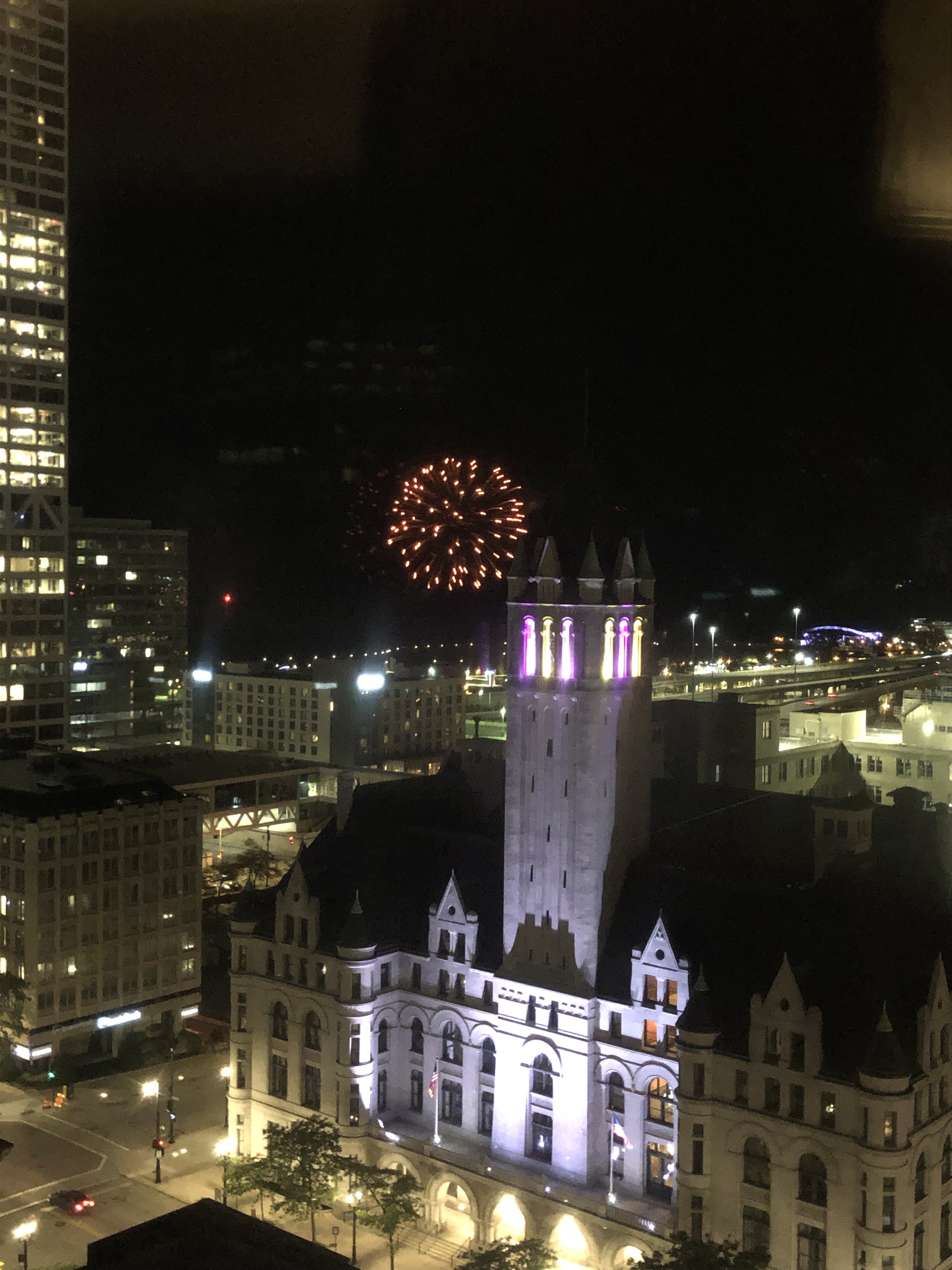
As I mentioned on LinkedIn yesterday, I have somehow turned approximately 563 takeaways from last week’s ICF Midwest Coaches Conference into a Top 10 list. 🙂
I am happy to continue sharing it with you today!
In yesterday’s Midwest Coaches Conference: My Top Takeaways (Part 1), I offered five lessons that I believe nearly anyone could reflect on and/or apply in their work or life. Today in Part 2, I focus more on coaching-related takeaways. (Fellow coaches, feel free to add to this list in the comments below!)
Once again, I’m including a reflective question you can ask yourself for each item listed below. I hope you find these prompts thought-provoking, whether or not you attended the conference.
Top Takeaways, Part 2 – let’s get to it!
6. Ask Embodied Questions.
I found Dr. Melissa Peet’s entire keynote on the differences between psychological and generative coaching fascinating. In brief, psychological stays more in our heads (ie, ‘How do you define success?’), whereas generative is more about embodied wisdom/experience (ie, ‘Tell me about a time you experienced success.’) I am weaving this into my coaching practice by consciously asking for time- and experience-stamped examples.
Reflective Question: What coaching question can you shift to help clients move from their heads to their deeper, more embodied wisdom?
7. Let Go Of Boxes, Be Aware Of Biases.
In general, and often without our conscious awareness, many of us have a tendency to put people in boxes; even more literally, we have them check certain boxes when filling out job applications or other forms. Even as coaches who have gone through rigorous training and done extensive amounts of self-work, we are still prone to implicit biases. We don’t need to judge ourselves for this, but we do need to be aware of it in order to, as keynoter LaTonya Wilkins stated, allow people to bring their whole selves to work, to life, and to coaching.
Reflective Question: How can you become more aware of your own biases?
8. Be – Or Help Begin – The Change.
One of my favorite sessions of the conference was led by Dr. Susan MacLellan-Tobert, a pediatric cardiologist and coach. She knew the data around and saw the evidence of burnout, depression, chronic stress, and such among healthcare providers. Rather than wait and hope for things to change, she and small team of others worked with their organization to create coaching programs to provide a safe and professional support option for their peers. The initiative she took, and the results she shared, have inspired me since!
Reflective Question: Where are you hoping things will change – and what action can you take to begin the change?
9. Actively Build Trust.
“In the absence of trust, people will create their own stories.” I circled and highlighted this line from a breakout session with Kristina Ralston, where we discussed trust – particularly in times of change. I love the long list of skills and practices I walked away with to promote conscious leadership! I also appreciated the reminder that trust is continually earned – and not simply by saying, ‘You can trust me.’
Reflective Question: What are some specific ways you build trust with your clients?
10. Take A Walk.
From health benefits to promoting mental clarity, the power of nature is well-documented. As coaches, we can utilize this power in our work: Inviting clients for a coaching-while-walking session, for example, or even as a self-reflection opportunity after a full day of coaching others. In a breakout session with Mark Skillings, he had us look at photos of nature and generate coaching questions we might ask based on what we viewed – a very impactful exercise!
Reflective Question: When can you experience nature today?
Have you attended a conference recently? What was one of your top takeaways?
P.S. The photo depicts the view of Milwaukee from my hotel room during the conference. I’m not sure what the fireworks were for – maybe to celebrate the awesome spirit of coaching? 🙂 Again, thank you to the conference presenters, organizers, and fellow attendees!





